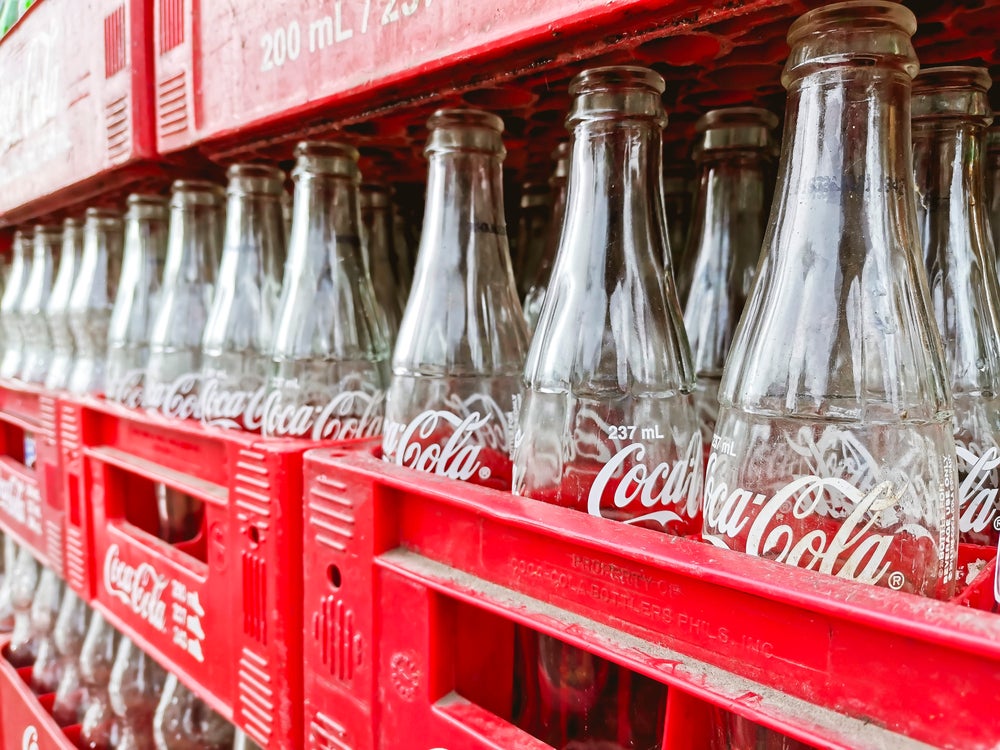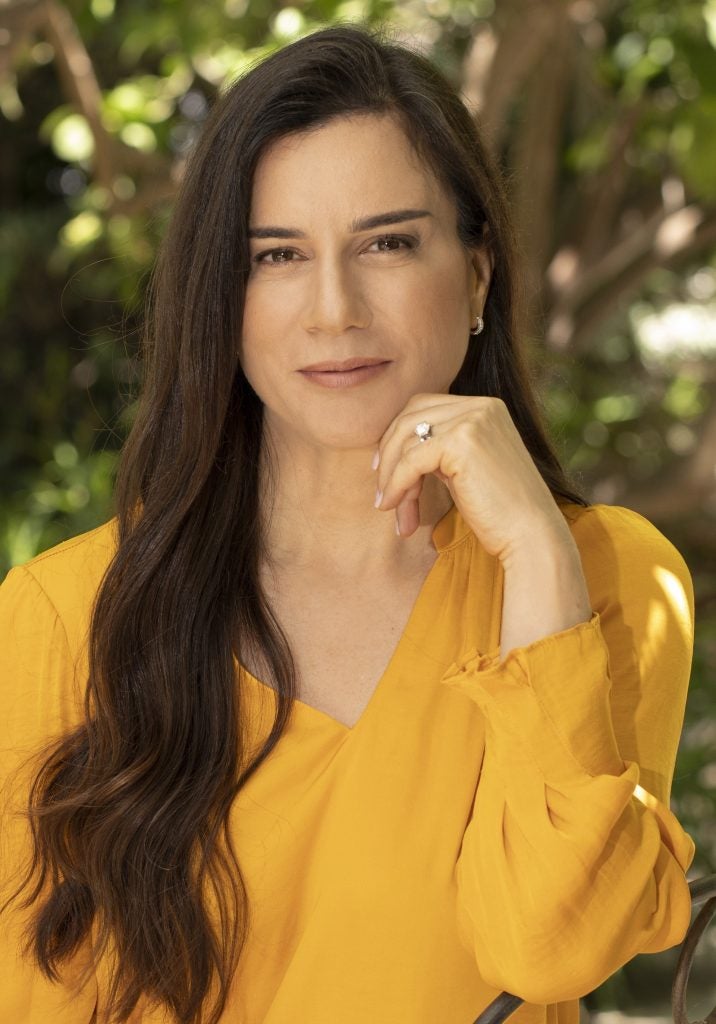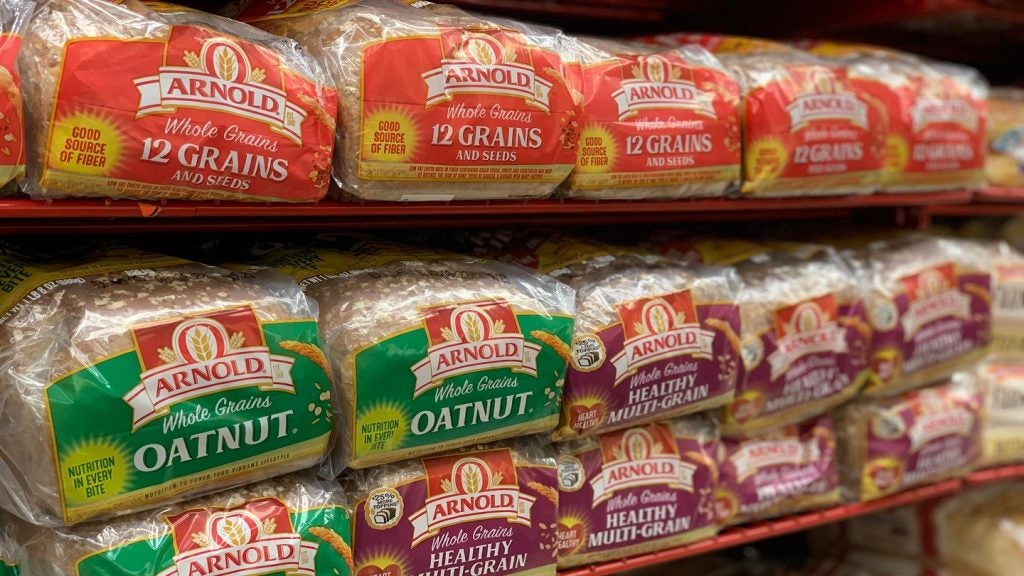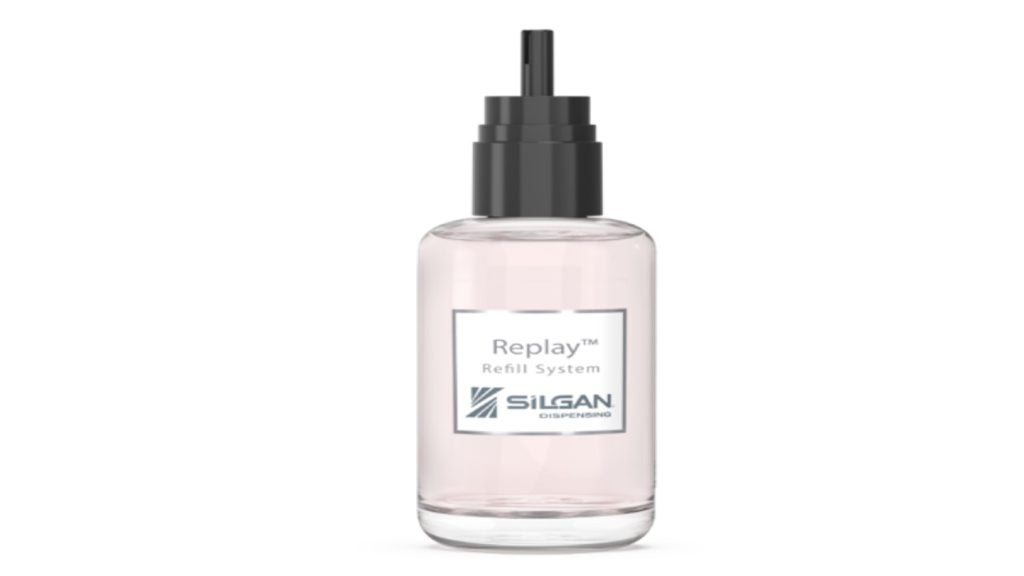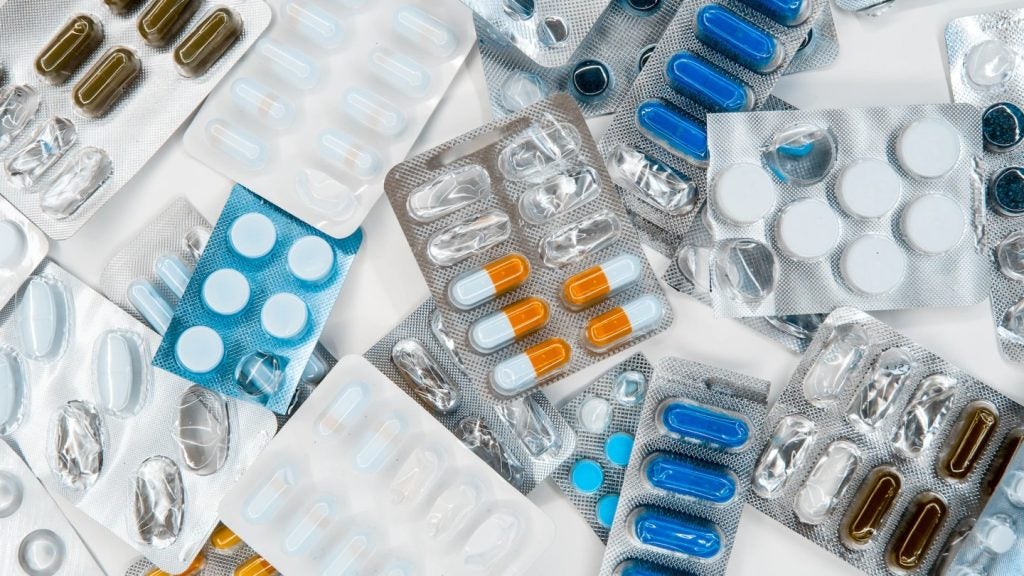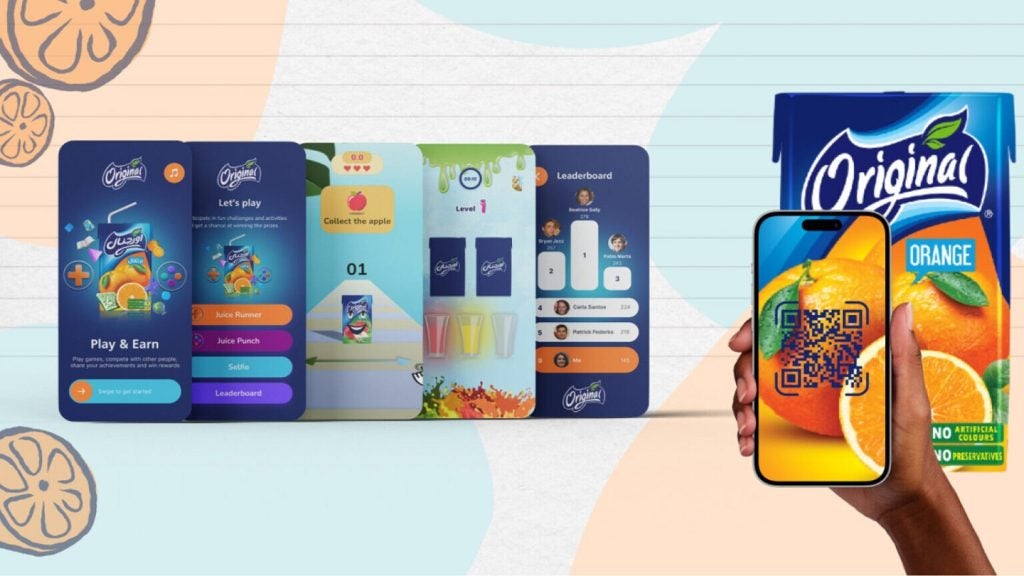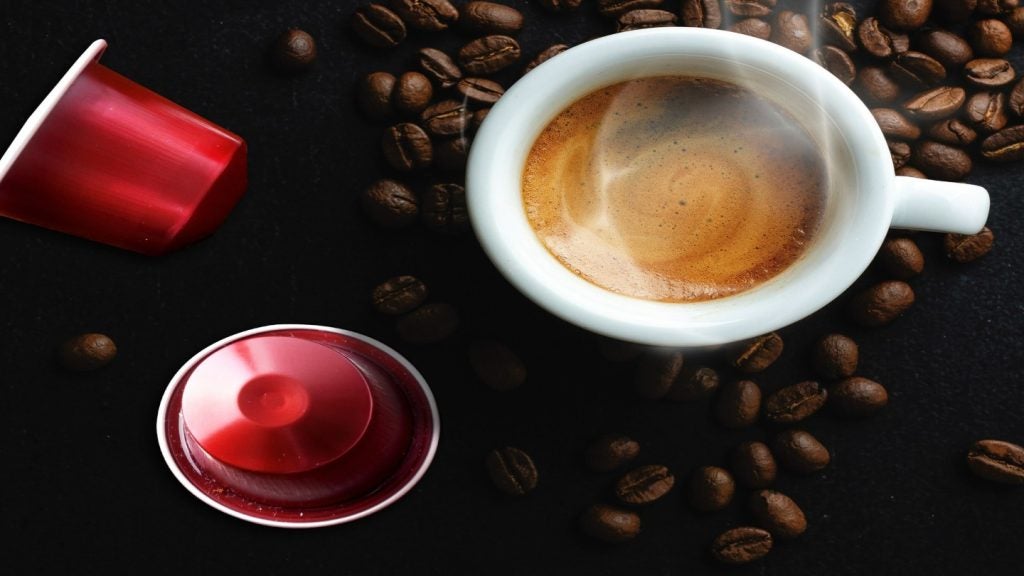Coca-Cola Hellenic Bottling Company (HBC) has invested €12m ($12.6m) in its new high-speed returnable glass bottling (RGB) line at its plant in Edelstal, Austria.
The investment is supported by a €4m grant from the government, as part of its plan to fund beverage companies and retailers moving towards a true circular economy in packaging. This is ahead of the introduction of new quotas for returnable packaging due in 2024, when every third store owned by a company must offer returnables, with this set to rise to 90% of stores by 2025.
Coca-Cola HBC’s new line will set new standards for bottling speeds, producing up to 50,000 bottles per hour. The returnable and resealable glass bottles will be 400ml in size and made through water and energy-efficient processes, as part of the company’s continuing push towards its 2040 net-zero goal.
Already, the electricity used on the Edestal site is generated by green and renewable sources. However, Coca-Cola HBC has been pushing to improve efficiency through a ‘digital twin’ of its processing system, made and tested by Microsoft. Over a 12-week trial, there has been no downtime in the new line, and the plant reduced its energy usage by 9%.
Zoran Bogdanovic, CEO of Coca-Cola HBC, said: For some years now, Coca-Cola HBC Austria has been at the forefront of pioneering new sustainable solutions, and we’re delighted that our focus on investment, innovation and partnerships are helping us to meet our goal of delivering our drinks in more sustainable ways.
“Austria is already one of our fastest-growing markets for reusable packaging and this new line will further accelerate this packaging type, which is in demand by our customers and consumers alike. As returnable packaging options offer a reduced carbon footprint, this new line in Austria further supports our Net Zero by 2040 goal.”
Coca-Cola plans to be net zero across its value chain by 2040 and has reduced Scope 1, 2 and 3 emissions by 30% over the last twelve years. However, packaging remains a significant contributor to the company’s emissions, accounting for 34% of Scope 3 emissions in the supply chain.
As efforts continue to reduce this impact, customers will also be able to buy 1L returnable glass bottles for a variety of products: Coca-Cola, Coca-Cola Zero Sugar, Fanta Orange and Sprite. The universal bottle design for these products simplifies production and sorting logistics.
The new line reflects an overall shift towards environmental concerns in Austria for Coca-Cola HBC. Filings made by the company in relation to Austria have been analysed by GlobalData, Packaging Gateway’s parent company, and demonstrate that ESG, the environment and a circular economy have fluctuated in emphasis over a five-year period, but have remained consistently more important than in 2018.
Coca-Cola HBC has made other significant shifts in its Austrian market, which was one of its first to transition to 100% recycled PET bottles for locally produced products. It has also introduced KeelClip, which replaces shrink wrap packaging with cardboard for multipack cans.
Our signals coverage is powered by GlobalData’s Thematic Engine, which tags millions of data items across six alternative datasets — patents, jobs, deals, company filings, social media mentions and news — to themes, sectors and companies. These signals enhance our predictive capabilities, helping us to identify the most disruptive threats across each of the sectors we cover and the companies best placed to succeed.


